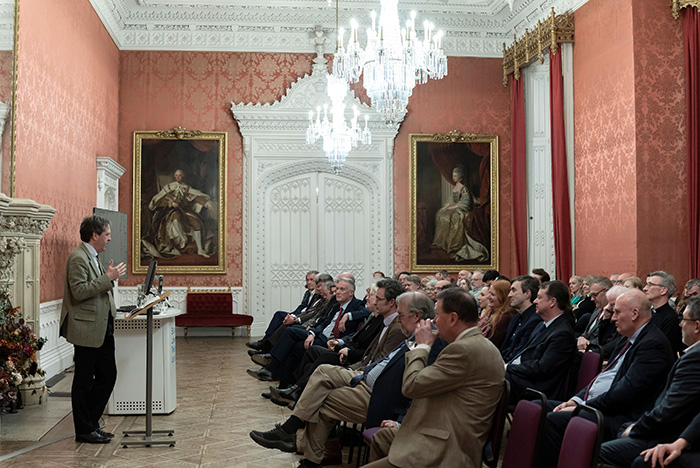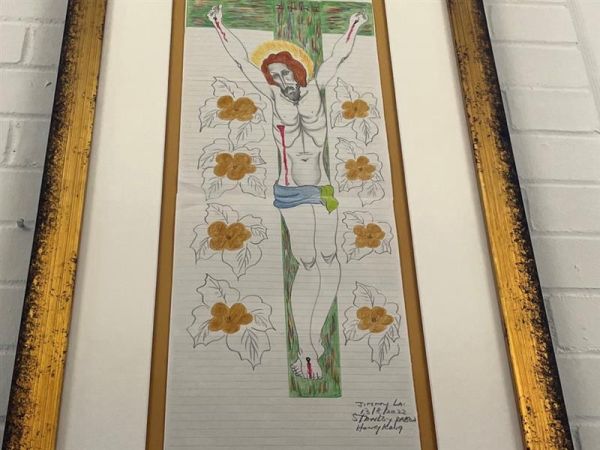The Hong Kong legislature has prepared to enact a new national security law to tighten restrictions introduced in 2020 after the suppression of pro-democracy protests.
The “Safeguarding National Security Bill”, known as Article 23, was formally introduced on 8 March at the Legislative Council where members are now almost exclusively “patriots” aligned with the Chinese Communist Party (CCP).
The territory’s security chief Chris Tang told lawmakers there was a “genuine and urgent need” for the new law to close loopholes in the previous national security legislation imposed by Beijing. The territory’s chief executive John Lee claimed that “foreign agents and advocates of Hong Kong independence are still lurking in our society”.
The bill listed five new categories of offences: treason, insurrection, espionage and theft of state secrets, sabotaging national security, and external interference. These could all lead to a life sentence. The bill also increases the maximum penalty for “inciting hatred” of the CCP leadership from a two-year sentence to ten.
Under the proposals, authorities could apply to the court to detain an individual for 16 days without charge and bar them from consulting lawyers during their detention. As with its predecessor, the new bill says offences committed outside Hong Kong fall under its jurisdiction. Its overall effect is to bring the territory’s law significantly closer to that of the People’s Republic of China.
In a statement published on Wednesday, 16 international experts and campaigners for freedom of religion or belief expressed “profound and grave concerns” about the implications of the Article 23 legislation.
They said that a suggestion by Hong Kong’s secretary for justice Paul Lam Ting-kwok, that “failing to disclose the commission of treason by others” would become punishable by 14 years imprisonment, posed a threat to the seal of the confessional and other religious practices.
The legislation had wider “very serious implications for basic human rights, fundamental freedoms, the rule of law and Hong Kong’s autonomy”, they said.
The statement’s signatories included Nadine Maenza, former chair of the US Commission on International Religious Freedom, Mervyn Thomas, founder of Christian Solidarity Worldwide, and the academic George Weigel.
The chief executive of Hong Kong Watch, Benedict Rogers, and Frances Hui of the Committee for Freedom in Hong Kong Foundation, organised the statement.
They called for international action to defend human rights in Hong Kong and urged religious leaders including Pope Francis and the Archbishop of Canterbury “to speak out and to use their good offices to ensure that this new security legislation in Hong Kong does not result in further violations of freedom of religion or belief, freedom of expression or increased repression for practitioners of all faiths”.
Observers expect the Legislative Council to vote on the bill as early as this week, after it sat for 16 hours over the weekend to consider it.
During deliberations, Tang was asked if possessing old editions of the “seditious” Apple Daily – the pro-democracy newspaper closed by the authorities in 2021 – would be an offence under Article 23. He replied that the date of publication would not be relevant to a prosecution, but said an individual might have a “reasonable defence” for possessing the newspaper if they “didn't know it was still there [and] the aim was not to incite”.
The national security trial of the former publisher of the Apple Daily, 76-year-old Jimmy Lai, heard evidence this week that included text exchanges with a former employee of the newspaper and the testimony of a democracy activist believed to have been obtained through torture.
Last month the Catholic University of America in Washington, DC installed a drawing of the Crucifixion made by Lai – an observant Catholic – while in prison. His supporter Fr Robert Sirico said it represented “not just of Jimmy’s struggle but the struggle of all people of Hong Kong” and “all of the people of China, who will, by faith, resist”.
Since his arrest in August 2020, Lai has been kept in solitary confinement for almost 1,500 days.



 Loading ...
Loading ...